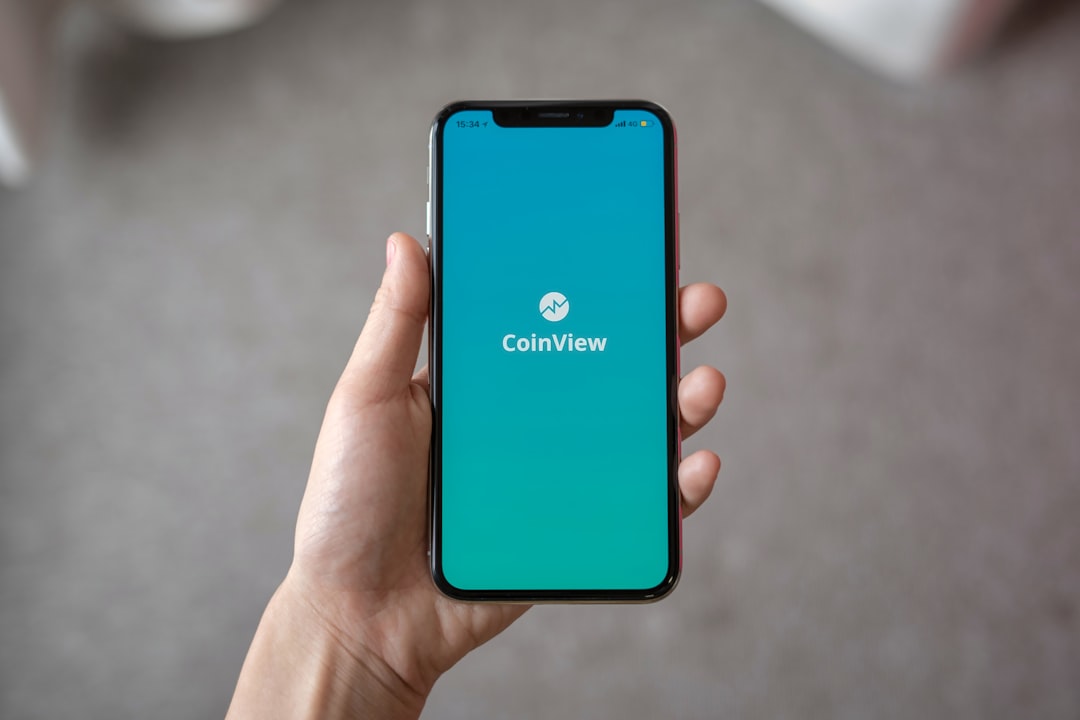The Sturgis Rally in South Dakota faces increasing spam from aggressive marketing tactics, including unwanted calls and texts. Despite legal targeted advertising, excessive and misleading spam disrupts attendees' experience. South Dakota's strict anti-spam laws protect residents, and a local spam call law firm assists organizers. Attendees can combat spam by reporting suspicious activities, leveraging device anti-spam features, and knowing their rights under the TCPA. Collaborating with authorities and telco providers enforces these regulations, ensuring a lawful marketing environment during the rally.
The Sturgis Rally, a legendary motorcycle gathering in South Dakota, has become a hotbed for event-specific spam. This article delves into the unique challenges posed by rally-related spam calls and texts, exploring patterns, local anti-spam laws, and targeted advertising versus unwanted intrusions. We discuss effective strategies to combat this issue and highlight the legal rights of attendees. As South Dakota’s spam call law firm, we emphasize the importance of consumer protection, especially during high-profile events like Sturgis Rally.
Sturgis Rally: Understanding Event Spam Patterns

The Sturgis Rally, an annual motorcycle gathering in South Dakota, has become notorious for a peculiar influx of event-specific spam. This phenomenon isn’t just about unsolicited advertisements; it’s a complex web of telemarketing tactics tailored to attract attendees’ attention during the rally season. In recent years, concerned participants and local businesses have been vocal about the surge in spam calls, text messages, and online promotions targeting those interested in the event.
Understanding these spam patterns is crucial for both visitors and South Dakota’s local community. Many spammers exploit the unique nature of the Sturgis Rally, leveraging the high level of interest and anticipation surrounding the event. This often involves aggressive marketing strategies that skirt the edges of legality, including excessive calls and messages, misleading information, and targeted ads bombarding potential attendees. With a growing awareness about spam call laws in South Dakota, both visitors and residents are encouraged to be vigilant and report suspicious activities to relevant authorities.
South Dakota's Anti-Spam Laws for Events

South Dakota has implemented strict anti-spam laws to protect residents from unwanted and intrusive marketing practices, particularly during large events like the Sturgis Rally. These laws are designed to give event attendees peace of mind, ensuring they can enjoy the festivities without being overwhelmed by excessive spam calls or texts. The state’s legislation takes a firm stance against businesses that engage in aggressive marketing tactics, specifically targeting event organizers and sponsors.
The anti-spam laws in South Dakota prohibit unsolicited telemarketing calls and messages, especially during designated quiet hours, ensuring residents can have some respite from promotional content. Event-specific spam, which often includes excessive advertising and sales pitches, is a significant concern for attendees and local businesses alike. A reputable spam call law firm in South Dakota can help event organizers understand and comply with these laws, fostering a more enjoyable experience for all participants while maintaining a lawful business environment.
Targeted Advertising vs. Unwanted Calls

The Sturgis Rally, a renowned motorcycle gathering in South Dakota, has become a magnet for businesses seeking to capitalize on the event’s popularity. While targeted advertising is a legitimate and effective marketing strategy, the line between welcome promotion and unwanted spam can be fine. Many attendees experience an influx of spam calls and texts during the rally, which can be frustrating and intrusive.
Unlike traditional advertising, event-specific spam often targets individuals with misleading offers or promises, knowing their attention is divided among various activities. South Dakota’s spam call law firm plays a crucial role in educating participants about their rights and options to combat such unwanted marketing tactics. By staying informed, rally-goers can enjoy the event without being bombarded by unsolicited communications, ensuring a more pleasant experience.
Strategies to Combat Event-Specific Spam

The Sturgis Rally, a motorcycling event in South Dakota, has historically faced challenges with event-specific spam, including unsolicited phone calls and text messages from law firms advertising their services. To combat this issue, organizers and participants can employ several effective strategies. First, implementing a robust opt-in system for communication ensures that only those genuinely interested in event updates and offers receive promotional materials. This can be achieved through dedicated event apps or registration processes where individuals actively choose to subscribe.
Additionally, leveraging technology to block and filter spam calls and messages is crucial. Many modern devices and communication platforms offer built-in anti-spam features. During the rally, encouraging attendees to report suspicious calls or messages to event staff can help identify and blacklist persistent spammers. Working with local authorities and telecommunications providers to enforce existing spam call law firm regulations in South Dakota also plays a significant role in deterring unauthorized marketing practices within the event’s scope.
Legal Rights of Attendees: A Call to Action

Attendees of the Sturgis Rally, one of the world’s largest motorcycle gatherings, should be aware of their legal rights when it comes to event-specific spam. While enjoying the festivities, many riders unwittingly provide their contact information to vendors and sponsors in exchange for gifts or promotions, only to later find themselves deluged with unwanted marketing calls, texts, and emails.
In South Dakota, there are strict laws in place to combat these practices, such as the Telephone Consumer Protection Act (TCPA). Attendees who feel they have been wrongfully targeted by spam calls from a law firm or any other entity can take action. Reporting these incidents to relevant authorities and seeking legal advice from a South Dakota-based law firm specializing in consumer rights can help protect not only individual rights but also ensure that organizers and sponsors adhere to fair marketing practices during the rally and beyond.






